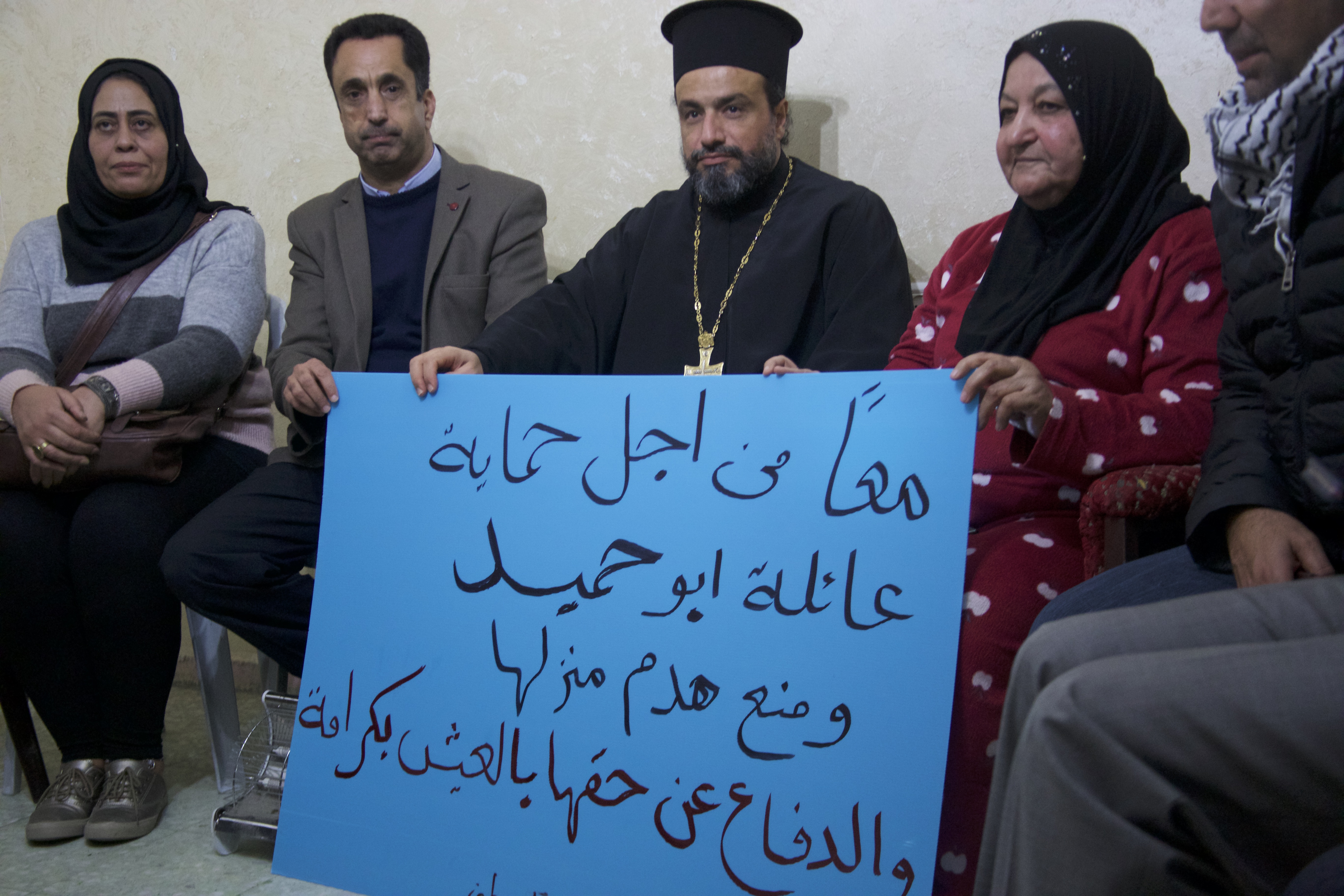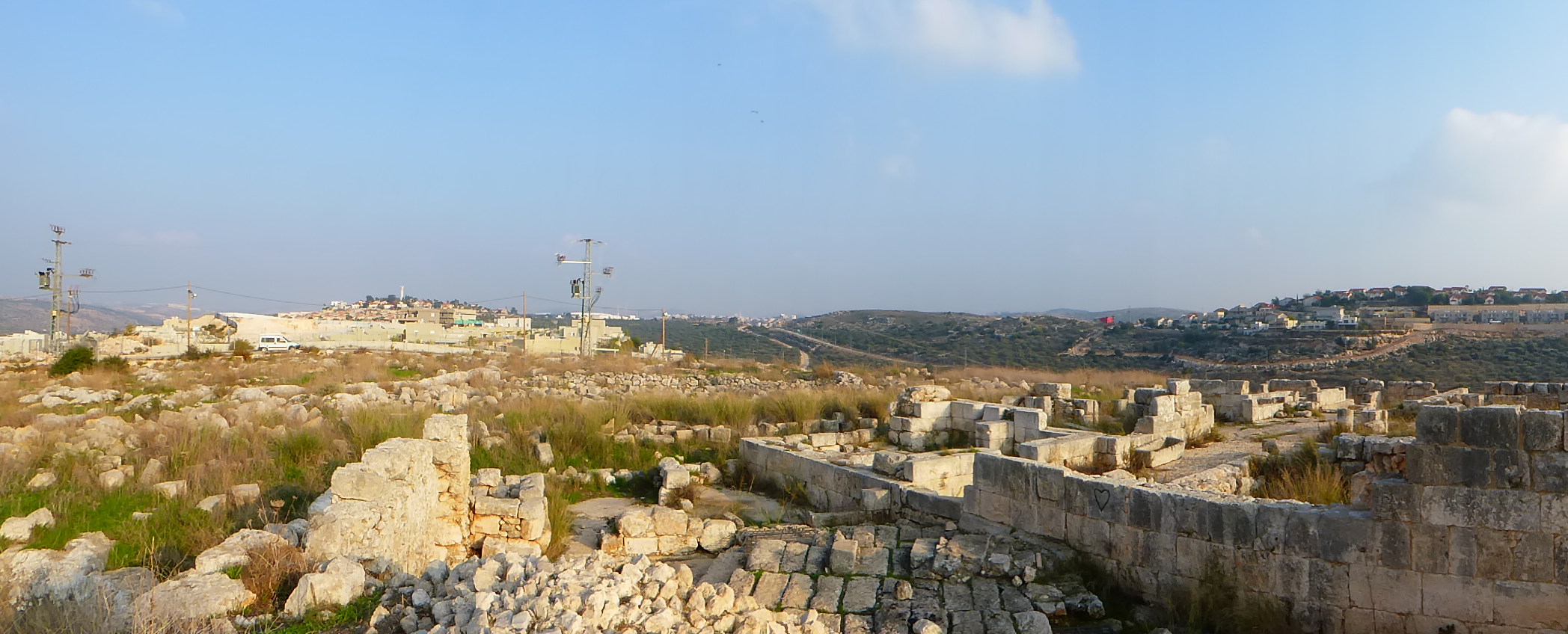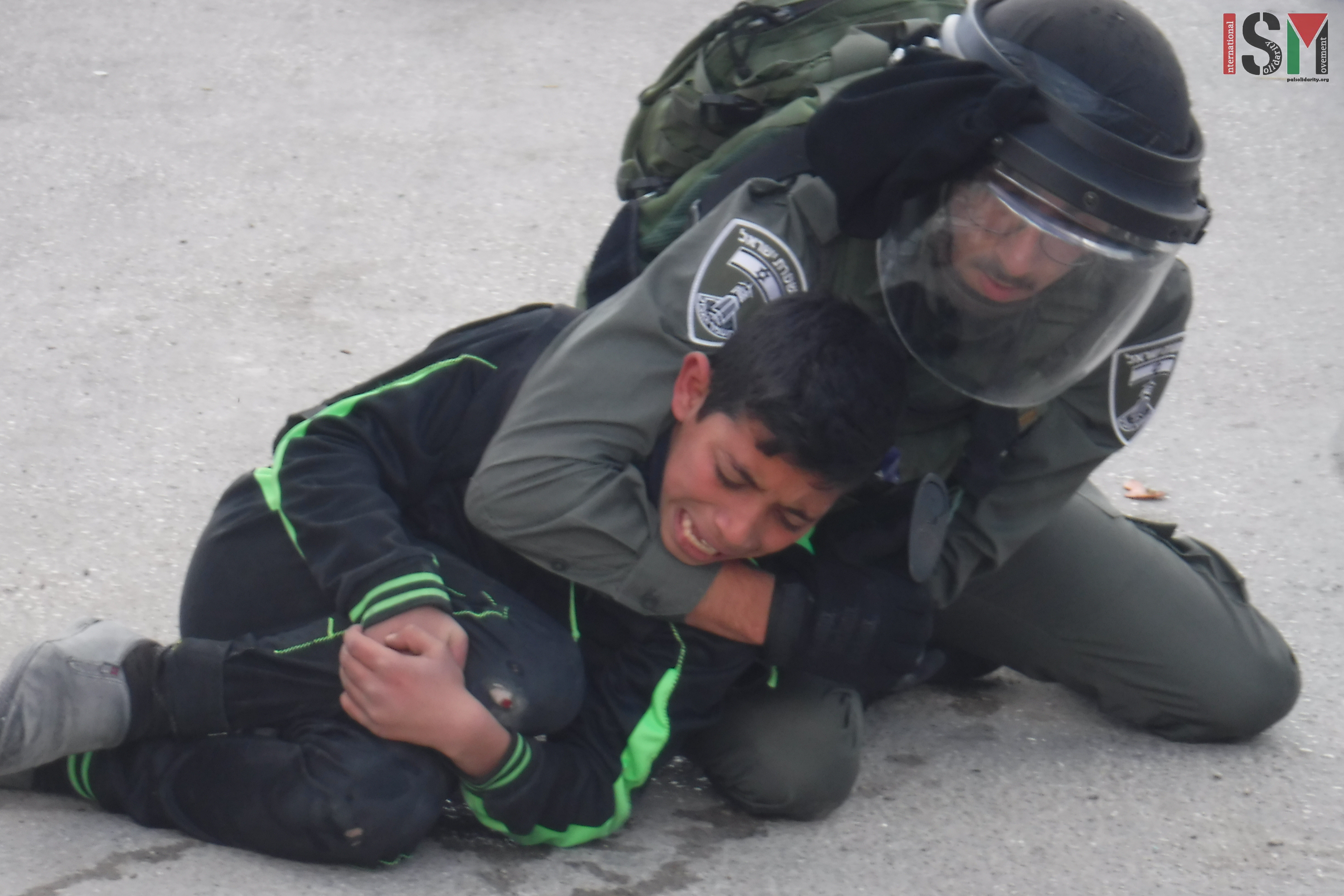-
Abu Humaid’s Family Home Issued Demolition Notice
The Abu Humaid family from the Al Amari refugee camp held a press conference in defiance of the notification for the demolition of their 4 story home. The Israeli Forces want to destroy the Al Amari building because of their long history of resistance against the Occupation.
-
Insidious colonial strategy
7th December 2018 | International Solidarity Movement, Nablus Team | Deir Samaan, Salfit, occupied Palestine In the area of Salfit, harassment by settlers is a regular occurrence. They come to the villages, often late at night, to graffiti messages of hatred, and also vandalize cars and property. New settlements are being established frequently and are […]
-
After School in Hebron, A Journal – 6 boys detained by Israeli forces in 2 Days
5th December 2018 | International Solidarity Movement, Al-Khalil Team | Hebron, occupied Palestine [Updated December 6] For two days running, Israeli occupation soldiers and Border Police ambushed young children aged 10-14 years after school in Hebron. Tuesday, 24thDec. 2 boys were detained at Salaymeh checkpoint after being ambushed by a group of soldiers sneaking around […]
Action Alert An Nabi Saleh Apartheid Wall Arrests BDS Bethlehem Bil'in Cast Lead Demonstration Denial of Entry Ethnic Cleansing Farmers Gaza Global Actions Hebron House Demolition International law Israeli Army Jerusalem Live Ammunition Nablus Ni'lin Prisoner Ramallah Rubber-coated steel bullets Settlement Settlers Settler violence Tear-Gas Canister Video



